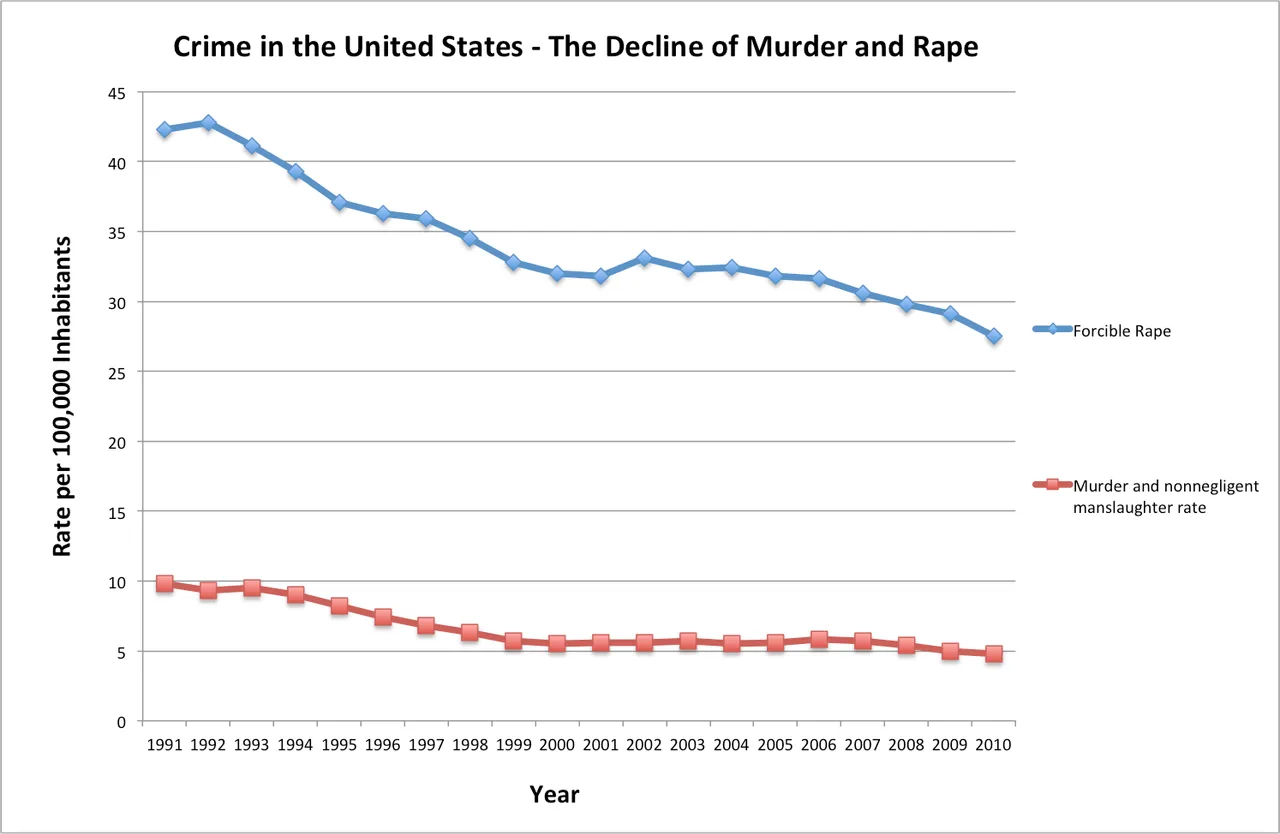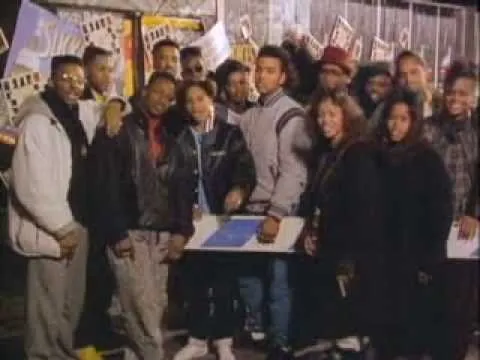As a black Libertarian, who has spent majority of his life as a black conservative, I am no stranger to going against mainstream or accepted "black opinion" and viewpoints. And till this day, I have many positions about the black community that most black people would not agree with. Butt I have noticed a very disturbing viewpoint when it comes to addressing police brutality in the black community, and it's often "what about black on black crime".
Now at one time, I took this position. On the surface it seems quite logical. It's the old "clean up your own backyard, before you tell someone else to clean theirs" mentality. Except the argument doesn't hold up to deeper evaluation, and once one look deeper, it is unsupportable as a rational point of view. I do not attempt to speak for all black people who are against the entire "black on black crime" rebutttal, since I'm sure my POV is much different than theirs.
1. How EXACTLY do you fight black on black crime?
So I'm one of those people who actually sat back and thought about how someone solves an issue with black on black crime. What does this strategy look like? What is the gameplan? No one will answer this? Because stopping black on black crime is basically stopping crime itself. And if we could stop all crime, then what good are police? so this is where the argument breaks down.
Why are black people even responsible for stopping black on black crime? In theory isn't that what we pay police to do? So if it is up to black people to stop black on black crime, then essentially what you're saying that black people should police themselves? Since this responsibility OBVIOUSLY don't fall on cops, and falls on black individuals.
Actually I do support black people removing police out of their community, and policing themselves. But that's another topic for another time.
2. Black on black crime isn't ACTUALLY that bad

The bizzare narrative is that black on black crime hasn't been lower in over 50 years than it is today. As a whole black on black crime is down, and has gone down continously for 20 years. So the common rebuttle is this:
"Crime is still disproportionately high in the black community" - Except it's not, since crime is low overall in America relative to the population. This would mean that majority of black people aren't likely to be directly impacted by "black on black crime".
"Crime has gone up in Chicago" - This is also quite irrational. So because black on black crime is up in 1 city, does this automatically mean it's every black person's problem? So one has to ask, what is the assumed values of such a system?
Do we assume that because people in Chicago are black, and commit crime, and if you happen to be black, that crime local to Chicago is somehthing a black person could do anything about?
Again, how does a black person in LA fight crime in Chicago?
Isn't this more of a function of the failures of the Chicago PD than the black race as a whole?
3. There actually was a community effort to stop violence when violence was high in every black community

Before hip hop was just a whored out art form for corporate record companies, it was actually part of a huge social movement. It was an amazing way that people in the streets organized, talked about life in poverty, and mostly had positive messages. People who think rap has always been gangsta "shoot em up" should listen to 80s hip hop before it became mainstream. In many cases reformed gang members and gang leaders used hip hop as a medium for peace. And in many cases it reached out to black people, caused many cease fires in gang wars in LA, and I feel was instrumental in the drop in black on black crime from the 80s and 90s. Yet the main people who talk about black on black crime has no sense of history, because if they did, the black community does respond when black on black crime is at epidemic levels.
In conclusion. The "black on black crime" is a convenient rebuttal, and it speaks to ignorance about the history on black on black crime, unfair assumptions about black people's responsibility, and the lack of responsibility on the behalf of police.